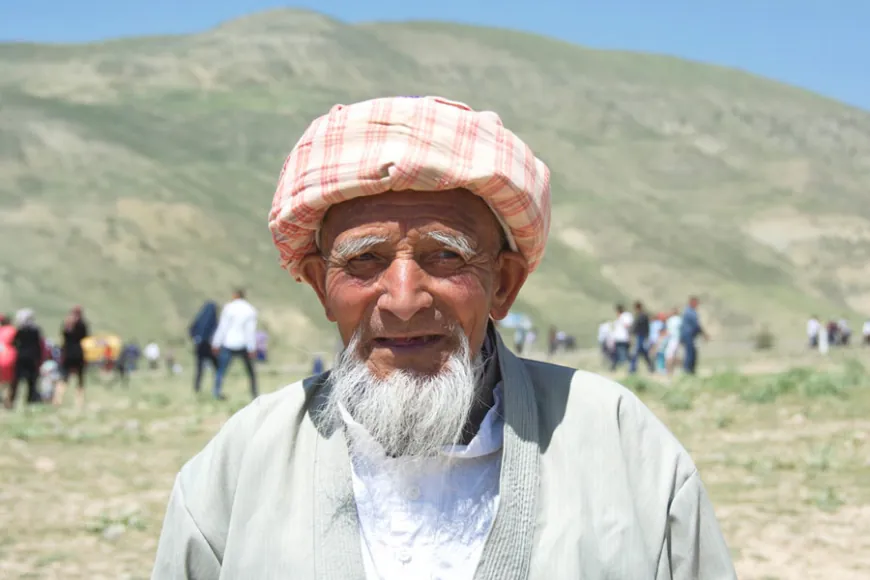Discover Other Cultures through Ethnic Tourism
Ethnic tourism refers to tourism focused on experiences that allow visitors to learn about the unique cultures, traditions, cuisines, arts, and ways of life of ethnic minority groups.

What is Ethnic Tourism?
Ethnic tourism refers to tourism focused on experiences that allow visitors to learn about the unique cultures, traditions, cuisines, arts, and ways of life of ethnic minority groups. While mainstream mass tourism typically focuses on resort destinations and attractions, it aims to provide deeper and more immersive cultural experiences through interactions with local people.
Popular Destinations
Many countries around the world have developed Ethnic Tourism as a way to preserve indigenous cultures and generate income for minority communities. Here are some top destinations for experiencing different ethnic groups through tourism:
South America
The indigenous communities of South America offer visitors a look into pre-colonial cultures that have persisted for centuries. In Peru, homestays with Quechua families in the Sacred Valley give insights into their agricultural practices, textile arts, and spiritual traditions. Bolivia's Uru people welcome guests to learn their marine traditions on Lake Titicaca, the highest navigable lake in the world.
Southeast Asia
The hill tribes of Northern Thailand, including the Karen, Hmong, and Mien, maintain unique traditions and still wear traditional colorful costumes. Luxury trekking tours offer interactions and overnight stays in minority villages. In the Philippines, homestays on Palawan Island provide an up-close look at the traditions of the Batak people and their renowned woven handicrafts.
Africa
The Maasai of Kenya and Tanzania are one of the continent's most renowned ethnic groups due to their semi-nomadic pastoralist lifestyle. Guided tours include spending a day with Maasai warriors in their villages and learning about their customs. Morocco's Berber communities in the Atlas and Rif Mountains continue age-old agricultural and artisanal practices.
Central and Eastern Europe
The mountain villages of Romania still celebrate vibrant folk culture rooted in Eastern Orthodox traditions. Guesthouses in the painted churches of Maramureș offer engagement in craft demonstrations and meals featuring distinctive dishes. Poland's Poland Highlanders maintain colourful regional dress and invite tourists to wedding celebrations and festivals showcasing music and dance.
Benefits
In addition to providing visitors with memorable cultural experiences, ethnic tourism can yield significant benefits if developed sustainably:
Economic Opportunities
By attracting tourists interested in indigenous arts, crafts, cuisine and performances, Ethnic Tourism creates new livelihood options and income streams for minority communities. Homestay programs directly put money into local households.
Cultural Preservation
Interaction with outsiders encourages the maintenance and transmission of traditions to younger generations. Communities have stronger motivation to sustain practices like folk dancing, music, dress, oral histories and language when they see an economic value in cultural offerings.
Intercultural Understanding
Experiencing life through the eyes of ethnic minorities fosters cross-cultural appreciation and respect between visitor and host. This reduces inter-ethnic tensions and promotes diversity as a strength. When done responsibly, tourism helps shift perceptions toward minority communities.
Challenges
While it aims to benefit indigenous peoples, several issues must be addressed for it to achieve sustainable impacts:
Commoditization of Culture
There is a risk that traditions become staged performances for entertainment rather than living practices. Over-commercialization and lack of community involvement in planning can damage cultural authenticity.
Exploitation Potential
Unethical operators may take advantage of isolated communities and underpay for goods or services. Profits must be fairly distributed to improve livelihoods and community welfare.
Loss of Privacy
Once exposed to mass tourism, traditional lifestyles focused on subsistence and spirituality face pressures to modernize for visitors. Communities must control levels of engagement.
Infrastructure Needs
Revitalizing intangible cultural heritage requires investment in physical infrastructure like access roads, utilities, signage and accommodation facilities to attract demand.
With responsible management that prioritizes indigenous priorities and participation, ethnic tourism can preserve distinctive cultures while bringing deserved benefits to minority populations worldwide. When done right, it creates a win-win scenario for both hosts and guests.
Get more insights on Ethnic Tourism
Explore more Articles related Docking Station Market
For Deeper Insights, Find the Report in the Language that You want
About Author:
Ravina Pandya, Content Writer, has a strong foothold in the market research industry. She specializes in writing well-researched articles from different industries, including food and beverages, information and technology, healthcare, chemical and materials, etc. (https://www.linkedin.com/in/ravina-pandya-1a3984191)












